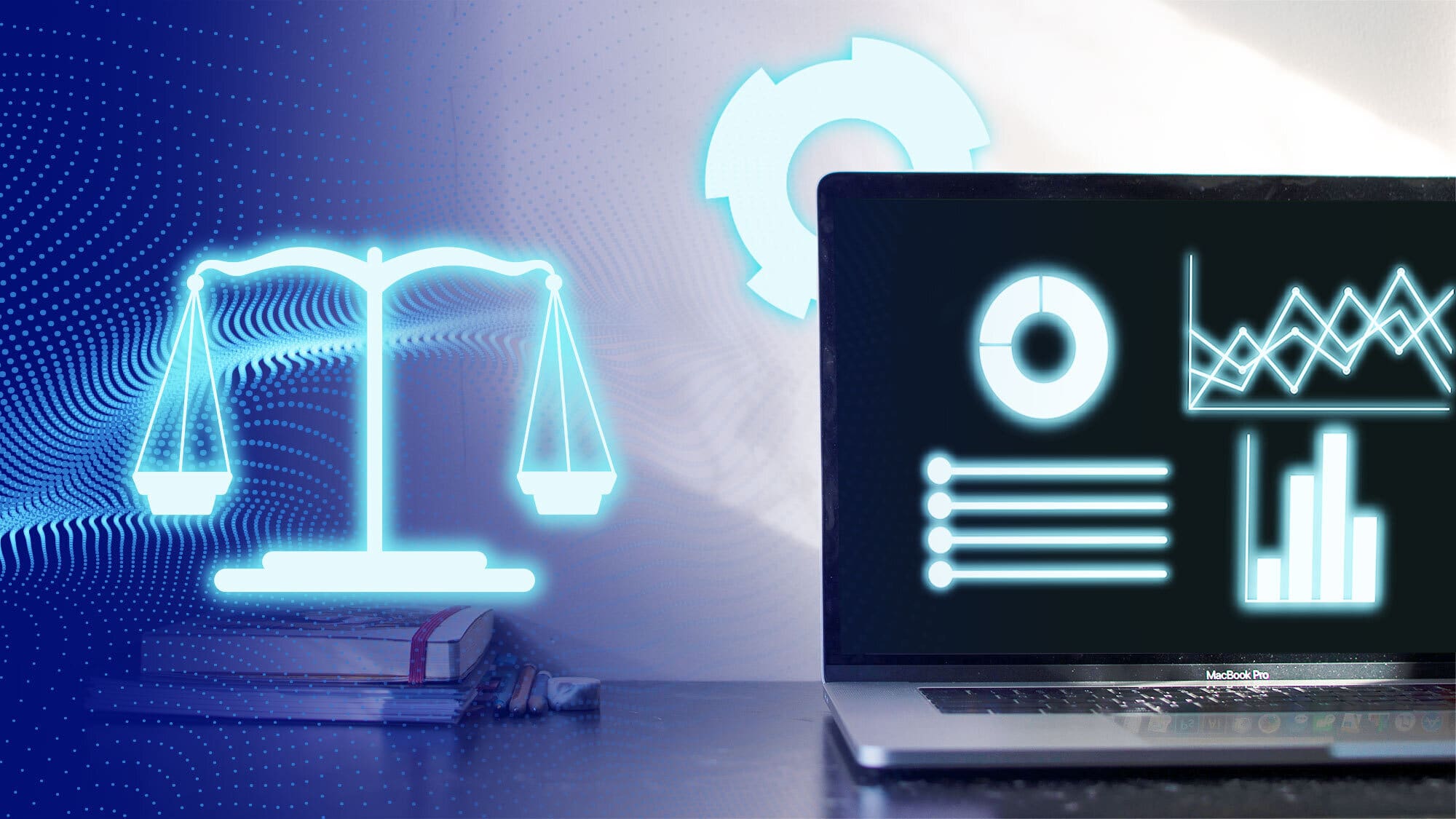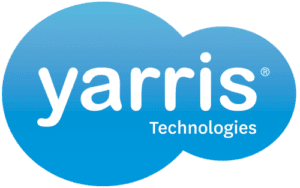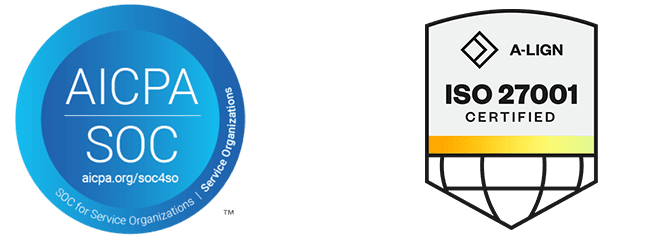AI and the legal Industry: The obstacles facing intelligent software implementation
Automation has become an integral part of the tech industry — the elimination of menial repetition allows an employee more time to spend on tasks that require real human ingenuity, thus improving overall efficiency and productivity. In the legal profession, artificial intelligence represents the next step in workplace automation. Legal teams are already using AIs for discovery during the litigation process.
As a tool for automating data analysis, contract drafting, and research, AI has the potential to save general counsels a great deal of tedium… if it can be properly developed. Dr Katherine King, Chief Operating Officer of Yarris, weighs in on the obstacles facing AI and its successful implementation in the legal field.
Central to the process of machine learning, says King, is raw information: “Data is the key to a machine being able to understand and learn, so large data sets are required for AI to work properly.” In handwriting recognition software, for instance, the more examples of a letter “B” that the AI is given leads to greater accuracy in recognising that letter. “Hundreds of thousands or even millions of data points are required to create accurate machine learning,” says King, which presents a unique challenge in the legal industry: the availability of data. Not only do legal departments rarely have such vast swaths of data, but “most corporate legal matters are highly confidential, and, being private, they’re not shared in a central pool at the nationwide, let alone worldwide, level.” Under these circumstances, any legal department hoping to develop useful AI software would have difficulty feeding the AI enough raw data to make it consistent and accurate.
An initial solution is the regularisation of document templates for AI perusal — if the data points themselves are not available, perhaps examples of them are. “By combining knowledge from millions of standardised agreement or contract templates, the AI can make informed decisions about which clauses to use in which documents based on the collected knowledge of all these document template types.” Corporate legal teams can begin to make their work more AI-friendly by standardising clause libraries and starting with small automated tasks, such as clause choice.
Many corporate groups will eventually benefit from small, in-house AIs because “each corporate law department is quite different. They have different documents, different approaches, and different content,” meaning that there is unlikely to be any “one size fits all” AI program immediately. To succeed, corporate legal departments must think small and bespoke in order to produce useful intelligent software until the technology has time to mature.
By Cameron Raia








